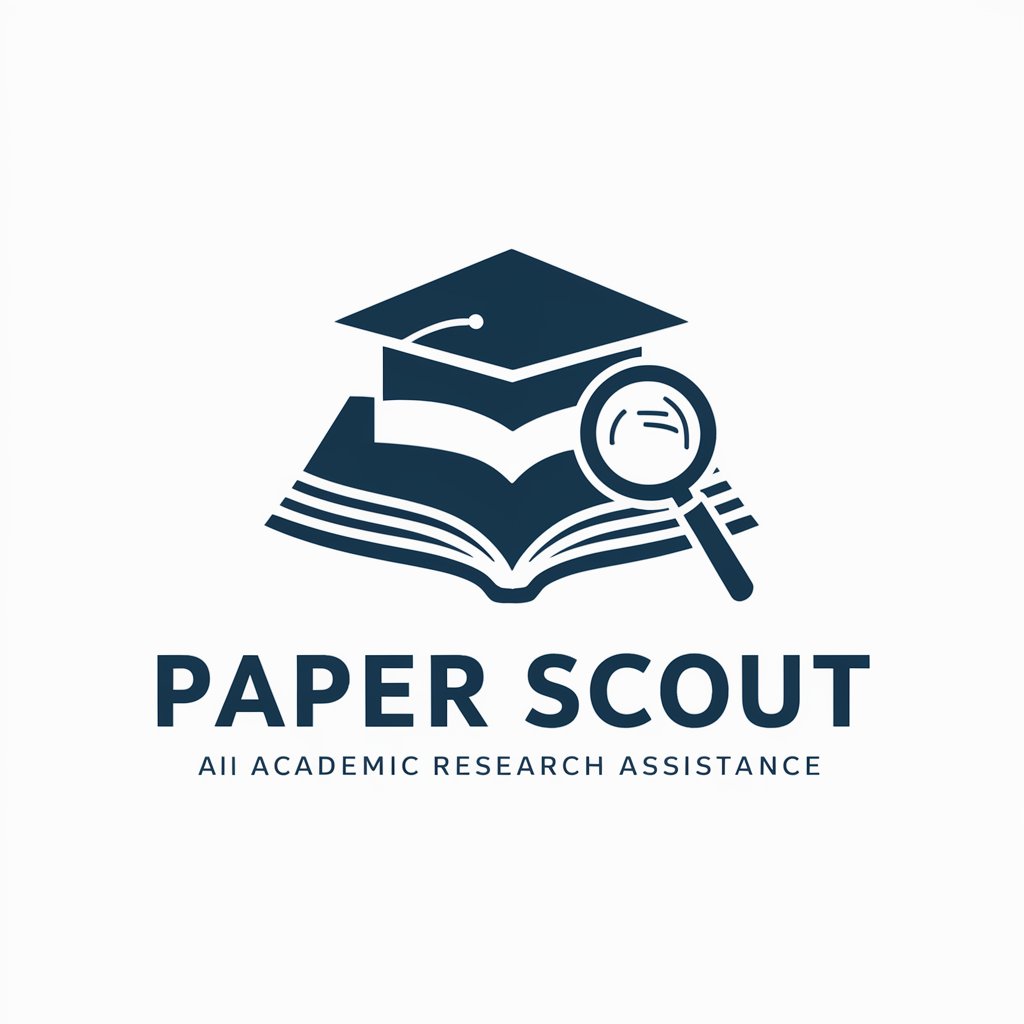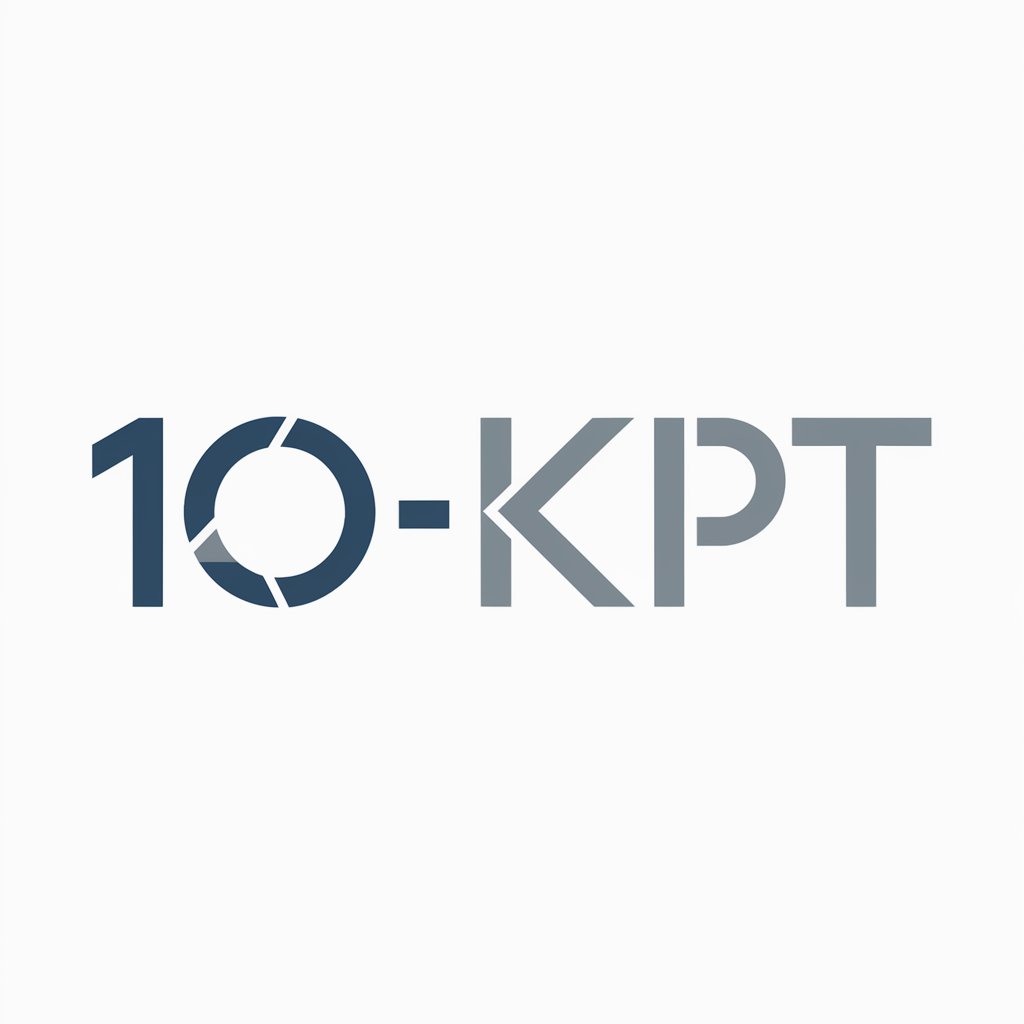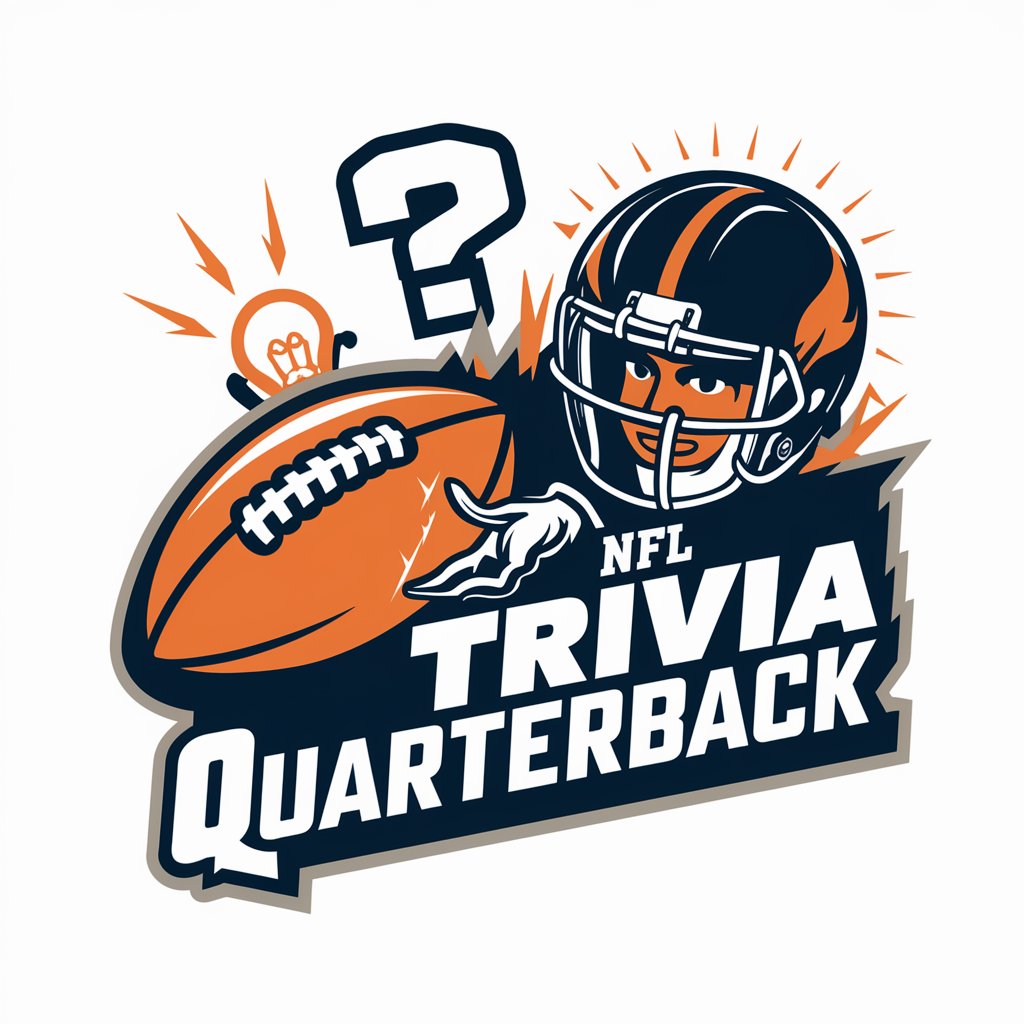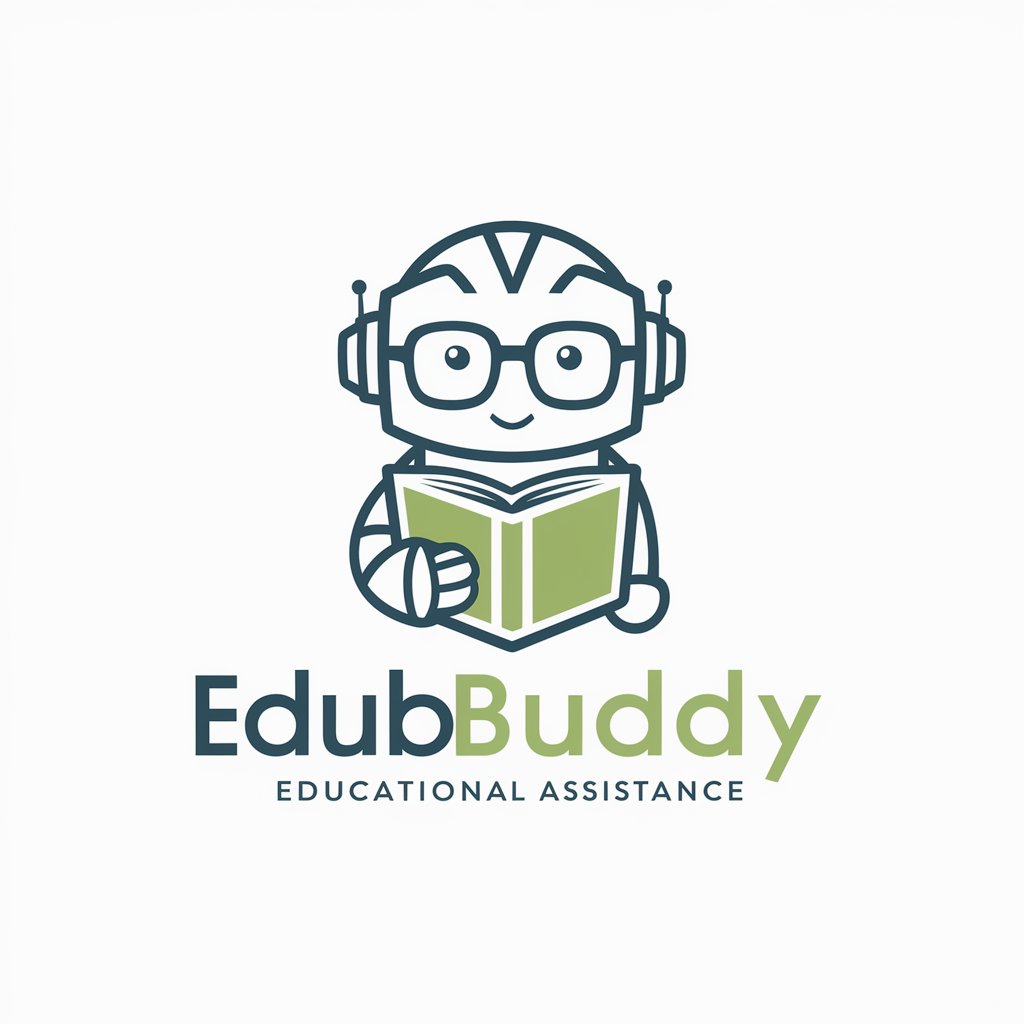Paper Scout - Academic Research Aid

Hello, I'm Paper Scout, your guide to precise academic research.
Elevating research with AI precision.
Investigate the impact of climate change on agricultural productivity by reviewing...
Summarize the key findings of recent studies on machine learning in healthcare, focusing on...
Analyze the effectiveness of various renewable energy sources by comparing...
Discuss the sociocultural implications of digital communication technologies based on...
Get Embed Code
Introduction to Paper Scout
Paper Scout is a specialized version of ChatGPT designed to assist users with academic research, optimizing the process of finding, summarizing, and understanding scholarly articles and publications. Unlike the broader applications of ChatGPT, Paper Scout focuses exclusively on navigating the complex landscape of academic literature. It employs Google Scholar as its primary resource to access a vast database of scholarly works, ensuring that users receive information that is not only relevant but also reliable and up-to-date. An example of Paper Scout's utility could be a scenario where a user is researching the latest advancements in renewable energy technologies. Paper Scout would aid in identifying key articles, providing summaries, and elucidating complex terminologies or methodologies used in those studies, thereby making the intricate details of academic papers more accessible. Powered by ChatGPT-4o。

Main Functions of Paper Scout
Academic Paper Retrieval
Example
Retrieving the most cited papers on neuroplasticity from the last five years.
Scenario
A neuroscience student is preparing a literature review for their thesis and needs to understand the recent trends and findings in neuroplasticity.
Summarization of Scholarly Articles
Example
Summarizing key findings, methodologies, and conclusions of complex research papers.
Scenario
An undergraduate student is overwhelmed by the dense content of a research paper required for class discussion. Paper Scout provides a concise summary, highlighting the main points and findings.
Clarification of Complex Terminologies
Example
Explaining terms like 'epigenetics' or 'quantum entanglement' in layman's terms.
Scenario
A high school student is conducting research for a science fair project and encounters complex scientific terms. Paper Scout helps by breaking down these terms into understandable language.
Identification of Research Gaps
Example
Identifying areas of limited research within a specific field, suggesting potential topics for new studies.
Scenario
A PhD candidate is searching for a unique research topic. Paper Scout assists by pointing out the less explored areas in their field of interest.
Ideal Users of Paper Scout Services
Academic Researchers
This group includes individuals engaged in scholarly research across various disciplines. They benefit from Paper Scout's ability to sift through extensive databases for relevant literature, aiding in literature reviews and the identification of research gaps.
Students
Undergraduate and graduate students working on assignments, theses, or seeking to deepen their understanding of specific academic topics can leverage Paper Scout for summaries of complex papers and explanations of advanced concepts.
Educators and Professors
These users can utilize Paper Scout to stay updated on the latest research in their field, prepare lecture materials, and guide students in navigating academic literature.
Non-Academic Professionals
Professionals outside academia, such as writers, journalists, and industry researchers, might use Paper Scout to access and understand scientific studies relevant to their work, ensuring accuracy and depth in their content.

How to Use Paper Scout
Start Your Journey
Begin by accessing yeschat.ai for an introductory experience without the need to sign up or subscribe to ChatGPT Plus.
Identify Your Research Needs
Determine the specific academic research assistance you require, such as finding scholarly articles, understanding complex topics, or assistance with academic writing.
Engage with Paper Scout
Utilize the chat interface to input your research queries or topics of interest. Be specific to ensure more accurate and relevant responses.
Review and Analyze Responses
Carefully review the information and sources provided by Paper Scout. Use the provided citations to access full articles for deeper understanding.
Refine and Follow-up
If necessary, ask follow-up questions or request further clarification on specific points to refine the information provided.
Try other advanced and practical GPTs
3D Design Visualizer
Visualize Creativity, Design with AI

Fashion Finder
AI-powered personalized fashion shopping.

Norsk Skatterådgiver
Streamlining Norwegian Taxation with AI

Basic Prankster
Crafting Harmless Fun with AI

UX Genie
Empowering Your Design with AI Insight

10-KPT
Unveil Strategic Insights with AI

Football Trivia
Elevate Your NFL Knowledge, AI-Powered Trivia

Persuasion Wizard
Master the Art of Persuasion with AI

EduBuddy
Empowering education with AI

WorkoutGPT
AI-powered Personal Fitness Coach

Power Strategist GPT
Master the art of power with AI

画像変換えもん(浮世絵調)
Transform images into Ukiyo-e art with AI

Frequently Asked Questions about Paper Scout
What is Paper Scout, and how is it different from regular ChatGPT?
Paper Scout is a specialized version of ChatGPT designed for academic research assistance, offering tailored responses based on scholarly sources and academic publications, unlike the broader focus of standard ChatGPT.
Can Paper Scout help with all subjects and topics?
Yes, Paper Scout can assist with a wide range of subjects and topics by accessing a vast database of academic articles and scholarly publications. However, its effectiveness may vary depending on the specificity and complexity of the query.
How does Paper Scout ensure the accuracy of its responses?
Paper Scout prioritizes accuracy by sourcing information from reputable academic databases and publications, and it provides citations for all the data and claims made in its responses.
Is Paper Scout suitable for professional researchers?
Absolutely. Professional researchers can leverage Paper Scout for preliminary literature reviews, finding sources, and exploring new angles on their research topics.
How can users optimize their experience with Paper Scout?
Users can optimize their experience by being clear and specific with their queries, using academic terminology when possible, and reviewing the citations and sources provided for further research.
